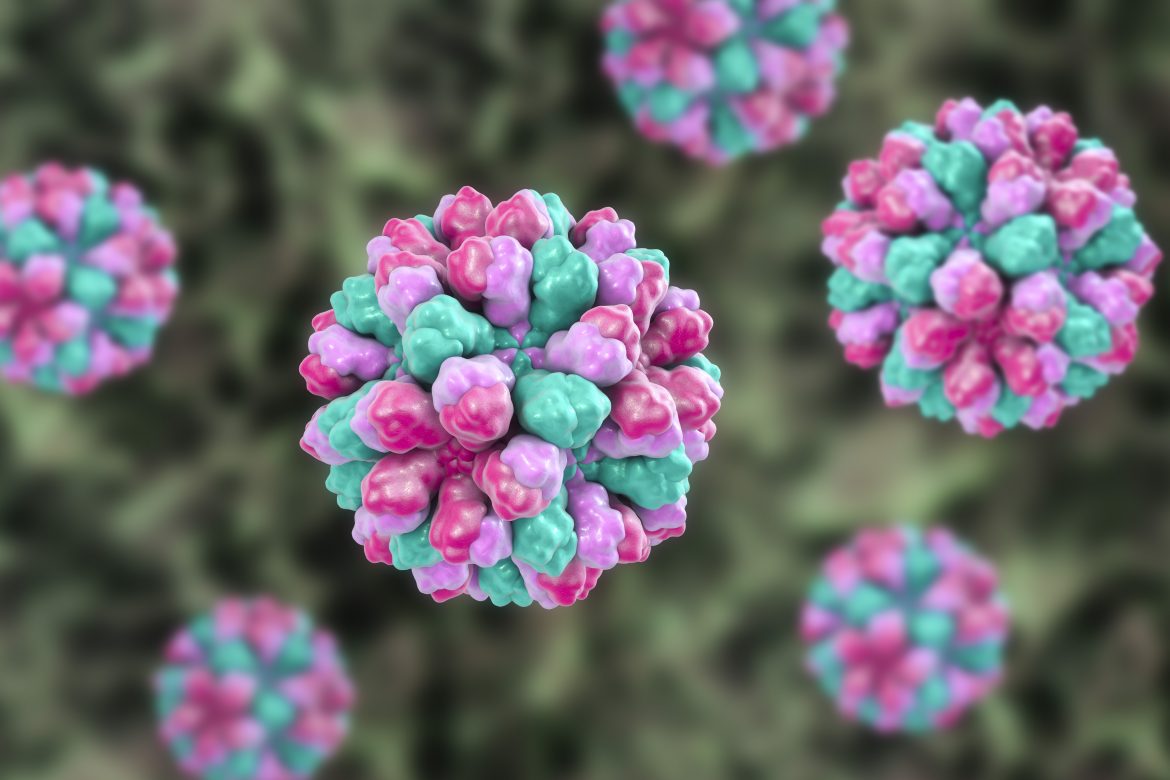React4life will be part of the GlycoNoVi multidisciplinary MarieCurie Doctoral Network program as European industrial leader, with the ambition to deliver new insights on Norovirus infection, the most common cause of non-bacterial gastroenteritis.
We will support the discovery of novel methodologies and compounds for the treatment of Norovirus.
The outstanding European network is coordinated by prof. Cristina Nativi at Università degli Studi di Firenze – Department of Biology, and it is funded under the MSCA – Horizon Europe programme.
GlycoNoVi project aims to study new molecules to intercept Norovirus, the world’s leading cause of non-bacterial gastroenteritis, understanding the role of Glycans in Human Norovirus Infections: a Key to Unlock New Therapies.
The University of Florence leads an international network of 5 academic partners – in addition to UNIFI, CNRS (France); CSIC (Spain); Erasmus Medical Center (Netherlands); University of Lubeck (Germany) – and three industrial partners: Inbiose (Belgium); Glycom AS (Denmark) and React4Life (Italy).
The University of Manchester is one of the partners, together with the company ICENI, that will participate in GlycoNoVi thanks to the resources the government of the United Kingdom allocated.
The project will start in January 2023 and will last four years.
The project – explains the scientific manager Cristina Nativi of the Department of Chemistry – aims to study the mechanisms of infection at the molecular level and the emerging variants of Norovirus and to develop new molecules and new diagnostic systems to prevent viral infection. We are facing a virus that is very resilient and can survive for long periods in the environment and on home or workplace surfaces.
GlycoNoVi multidisciplinary research program aims:
- To deliver new insights on molecular mechanisms regulating norovirus infection;
- Accelerate antiviral discovery by developing novel methodologies to identify novel compounds for norovirus treatment;
- To train a new generation of Researchers in this field, offering them access to world-class expertise and infrastructure in an intersectoral and multidisciplinary research environment
- Increase Europe’s attractiveness as a leading research destination and centre of excellence
- Establish a sustainable network of academic and non-academic organizations to promote gender diversity and in an open innovation collaboration for enhancing Researchers’ employability that will last beyond the GlycoNoVi timeline
GlycoNoVi will involve six academic partners, leaders in their respective fields, and four companies (SMEs) from eight European Countries.
It will combine world-class experts in synthetic and enzymatic chemistry, structural biology, computational chemistry, biochemistry, glycan-based diagnostic, and virology.
React4life will adapt human intestinal enteroids to the organ-on-chip technology for delivering a new understanding of mechanisms regulating infection and also for testing novel compounds.

According to the World Health Organization (WHO), Norovirus is the main responsible for serious diseases transmitted through food or water.
It is considered a possible cause of pandemics due to the lack of therapies for the treatment and prevention of Norovirus, the rapid mutations, and its uncontrolled spread which take advantage also of climate change.
The GlycoNoVi research group – continues Nativi- combines specific and multidisciplinary skills of European leaders specialized in glycoscience. It puts together experts in the fields of glycosidic synthesis, enzymatic and fermentation synthesis, structural biology, computational chemistry, Glico-diagnostics, virology and epidemiology. 10 PhD students will be recruited, gaining the necessary and unique skills in a frontier sector.
Read more about the project in the EU portal and in the UNIFI magazine

